Publications
Articles, publications, books, tools and multimedia features from the U.S. Institute of Peace provide the latest news, analysis, research findings, practitioner guides and reports, all related to the conflict zones and issues that are at the center of the Institute’s work to prevent and reduce violent conflict.
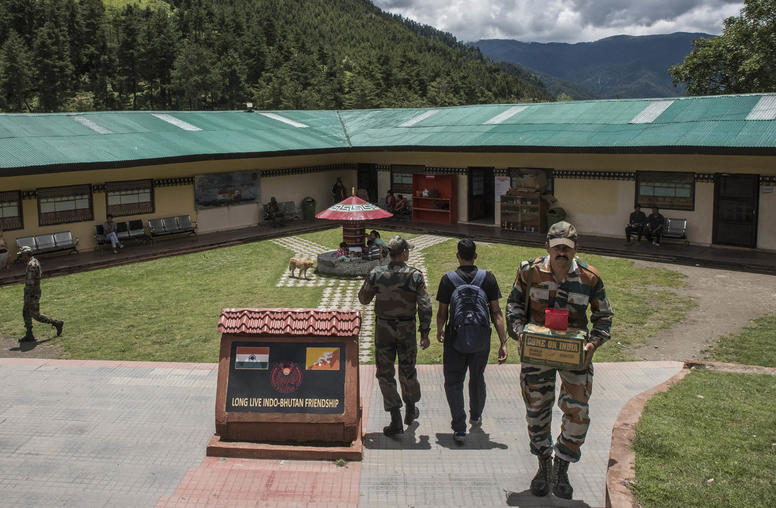
What’s Driving India-China Tensions?
Since deadly clashes between India and China on their 2,100-mile disputed border — known as the Line of Actual Control (LAC) — nearly four years ago, the two countries have remained in a standoff and amassed an increasing number of troops on either side of the LAC. While India and China have held regular exchanges at the corps commander level since 2020, each side has also continued to militarize and invest in infrastructure in the high-altitude border regions, which may exacerbate risks of clashes or escalation. India-China competition has also deepened beyond the land border, particularly in the Indian Ocean region.

Sameer Lalwani on INDUS-X and the Importance of Technology Coalitions
Technology partnerships like the U.S.-India INDUS-X “are going to be critical to the U.S. being able to defend and deter rising threats in the future, including the challenge of China,” says USIP’s Sameer Lalwani. “We need the strength of our allies in these coalitions” to maintain a technological advantage.
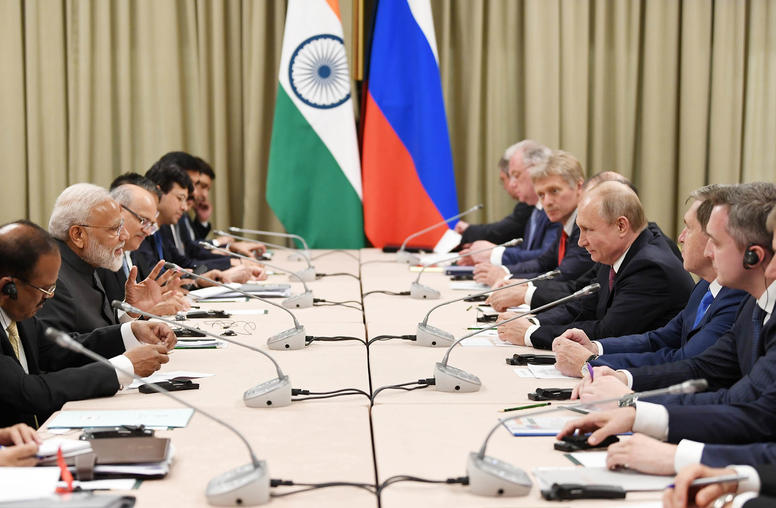
The Limitations of India and Russia’s Transactional Relationship
Since Russia’s unprovoked invasion of Ukraine in February 2022, it might seem as though ties between India and Russia have strengthened. While much of the West isolated Russia, India-Russia energy trade spiked, and India made efforts to accommodate Russia on the world stage. The two countries have also had visible public exchanges, such as a mid-January phone call between Indian Prime Minister Narendra Modi and Russian President Vladimir Putin and Indian External Affairs Minister S. Jaishankar’s trip to Moscow at the end of 2023.

As Fragile Kashmir Cease-Fire Turns Three, Here’s How to Keep it Alive
At midnight on the night of February 24-25, 2021, India and Pakistan reinstated a cease-fire that covered their security forces operating “along the Line of Control (LOC) and all other sectors” in Kashmir, the disputed territory that has been at the center of the India-Pakistan conflict since 1947. While the third anniversary of that agreement is a notable landmark in the history of India-Pakistan cease-fires, the 2021 cease-fire is fragile and needs bolstering to be maintained.
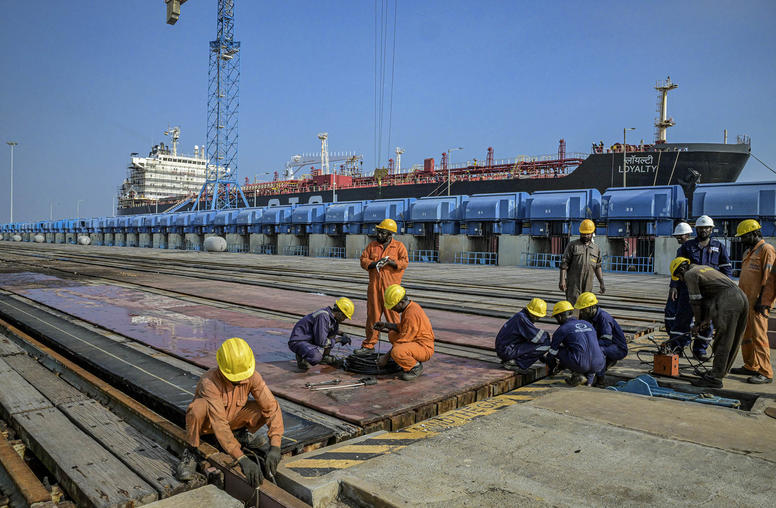
What’s the Deal with INDUS-X?
There was no shortage of splashy headlines during Indian Prime Minister’s trip to Washington last June. However, the launch of the U.S.-India Defense Accelerator Ecosystem (INDUS-X), a joint technical initiative focused on building an “innovation bridge” between the two countries, went relatively unnoticed.
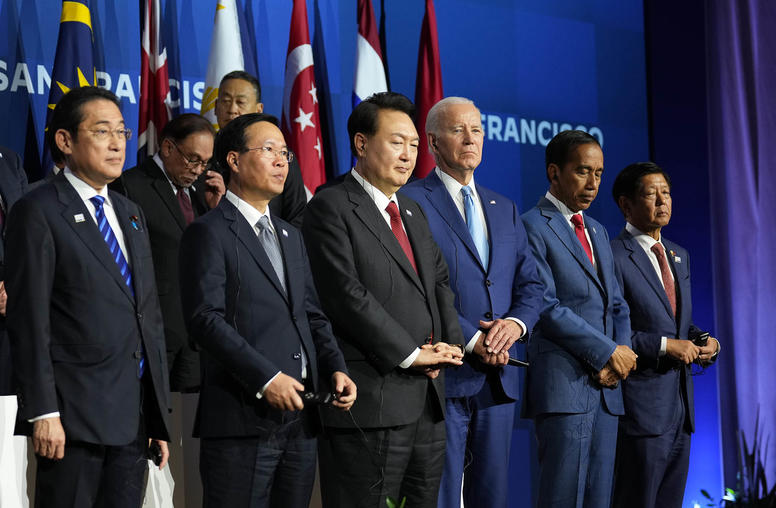
Two Years Later, What Has the Indo-Pacific Strategy Achieved?
This month marks the second anniversary of the Biden administration’s Indo-Pacific Strategy (IPS). USIP experts Carla Freeman, Mirna Galic, Daniel Markey, and Vikram Singh assess what the strategy has accomplished in the past two years, how it has navigated global shocks and its impact on partnerships in the region.

The 2021 India-Pakistan Ceasefire: Origins, Prospects, and Lessons Learned
The February 2021 ceasefire between India and Pakistan along the Line of Control in Kashmir has—despite occasional violations—turned into one of the longest-lasting in the countries’ 75-year shared history. Yet, as Christopher Clary writes, the ceasefire remains vulnerable to shocks from terrorist attacks, changes in leadership, and shifting regional relations. With the ceasefire approaching its third anniversary, Clary’s report examines the factors that have allowed it to succeed, signs that it may be fraying, and steps that can be taken to sustain it.
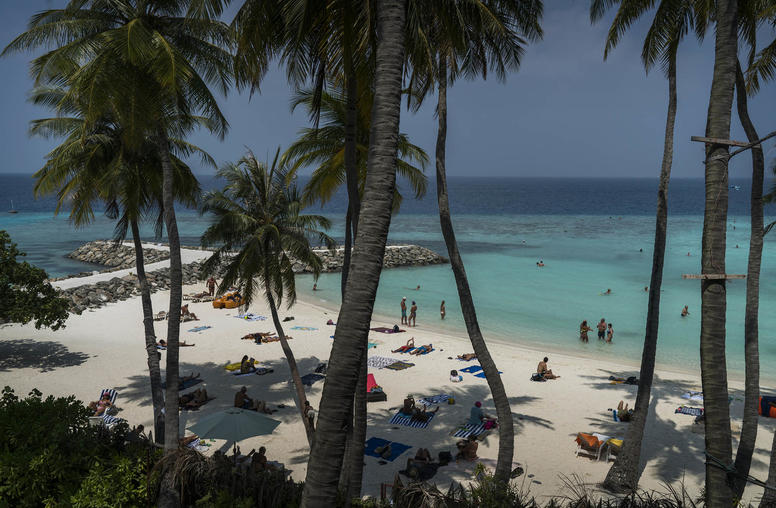
As Tensions with India Grow, Maldives Looks to China
On January 4th, social media posts from Indian Prime Minister Narendra Modi praising the beauty of India’s beaches in Lakshadweep sparked a diplomatic row with the Indian Ocean island nation, Maldives. As a country that leans heavily on tourism at its own beaches, three Maldivian junior ministers were quick to criticize the Indian prime minister, which led to calls from Indian social media users to boycott Maldives as a tourist destination.
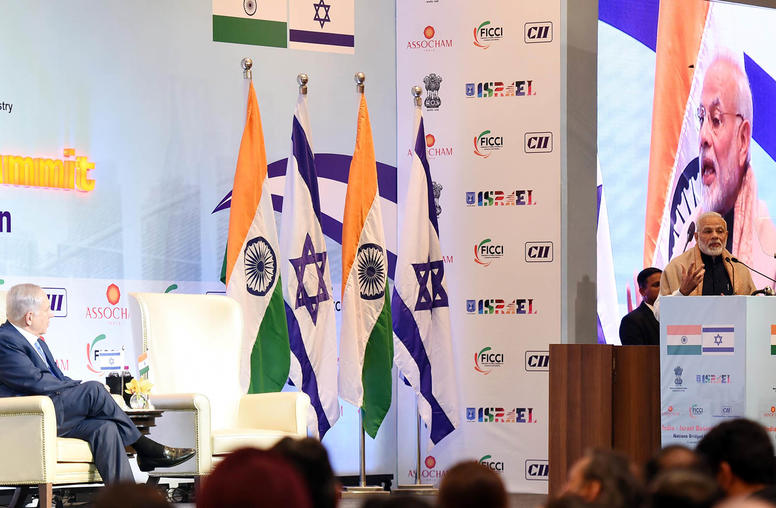
Amid War in the Middle East, India-Israel Ties Reach New Milestone
India’s official response to the Israel-Hamas war reflects a meaningful and likely durable strategic tilt toward Israel by Prime Minister Narendra Modi and his ruling Bharatiya Janata Party (BJP). Yet India’s shift should not be misinterpreted as a broader alignment with the United States or any other “camp” in this bitter contest. The maxim that Indian External Affairs Minister S. Jaishankar has repeated in other fraught geopolitical contexts holds equally true for India’s stance in the Middle East: “Do not think it’s necessary for India to join any axis. India is entitled to make its own choices which will be a balance of its values and interests.”
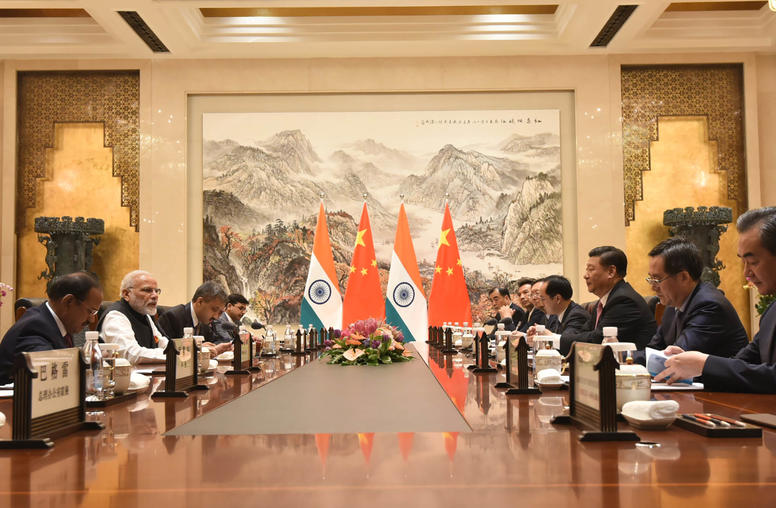
Three Things to Know About China-India Tensions
Relations between the two Asian giants have soured over the last decade, particular following a 2020 border brawl between Indian and Chinese troops in the Galwan Valley. While there are credible concerns that these nuclear powers’ ties are trending in the wrong direction — particularly as both sides continue provocative actions — neither Beijing nor New Delhi wants to see an escalation toward a more serious conflict. For its part, the United States has sought to deepen its security and economic relationship with India as the U.S.-China rivalry intensifies and considers it a vital partner in Washington’s Indo-Pacific strategy.